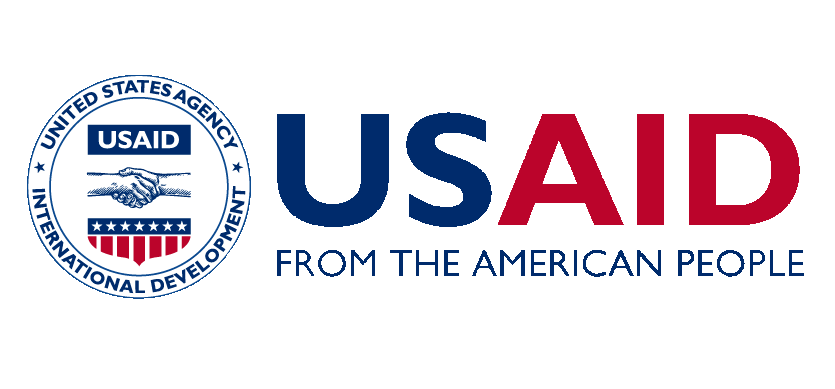Reproductive choice in national biodiversity policy
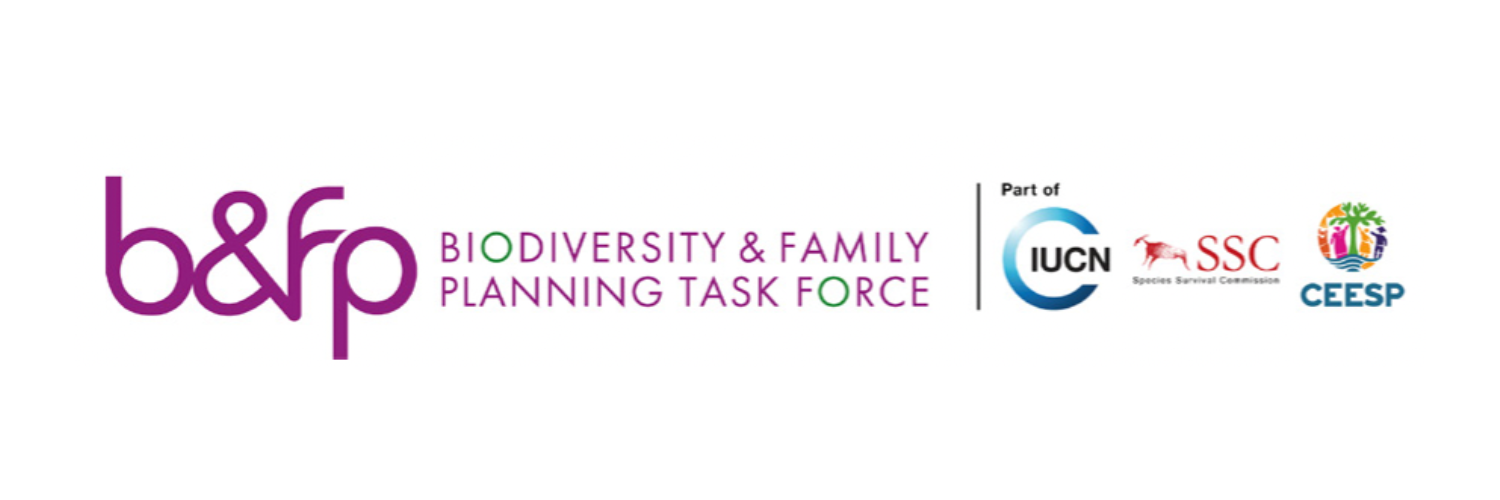
The 196 countries which have ratified the UN Convention on Biological Diversity are required to develop and implement national biodiversity strategies and action plans, or NBSAPs. Each NBSAP is developed […]
Exploring the potential for Population, Health and Environment approaches across key conservation landscapes in Africa
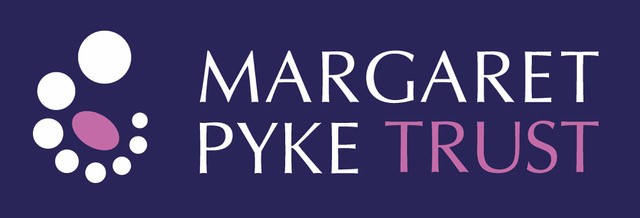
The vision of the Margaret Pyke Trust is a future without barriers to family planning, in a climate resilient world with healthy ecosystems. As a global non-governmental organization embedded in […]
Thriving Together? A healthy future for people and planet

The Margaret Pyke Trust 2023-2028 strategy announces their new vision: a future without barriers to family planning, in a climate resilient word with healthy ecosystems. As their mission, they aim […]
Supporting Community & Ecosystem Health: A guide on why, and how, to include community health and rights based family planning in conservation programmes
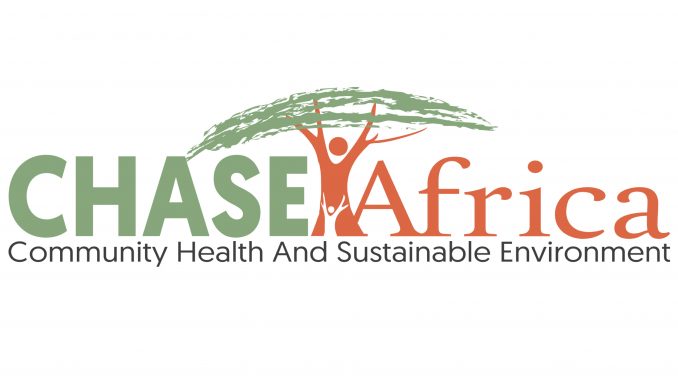
The aim of this guide is to outline the unmet need for family planning that exists in many parts of sub-Saharan Africa, highlight the barriers to accessing and using family […]
Resilient Future: Climate Financing Strategies for Family Planning Programs

This video illustrates strategies for family planning and reproductive health program implementers and advocates to position their programs to access climate adaptation funding. A virtual watch party and workshop in April […]
Girls’ Education and Family Planning: Essential Components of Climate Adaptation and Resilience

Today, both universal education and sexual and reproductive health and rights are severely underfunded, particularly for women and girls in low- and middle- income countries (LMICs). Dedicating climate adaptation financing […]
How Can Population, Health, and Environment Projects Learn From Family Planning High Impact Practices?

This webinar, hosted by the PACE (Policy, Advocacy, and Communication Enhanced for Population and Reproductive Health) project and the Implementing Best Practices Initiative Secretariat, explores how HIPs can be applied in development programs that integrate multiple sectors at the community level, including family planning.
Voluntary Family Planning to Minimise and Mitigate Climate Change
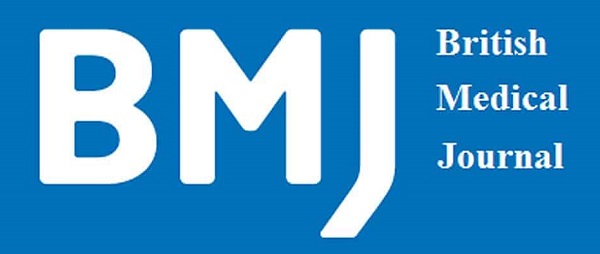
This article outlines the evidence for voluntary accessible family planning as a strategy to reduce greenhouse gas emissions and mitigate climate change.
Tunza Jamii Yako, Tunza Mazingira Yako kwa Maisha Bora
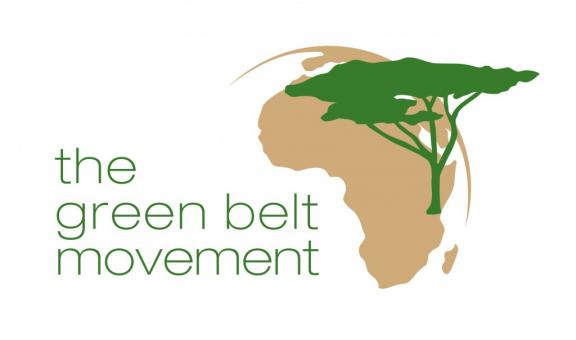
The aim of this flipbook training resource is to protect the environment and promote good governance, and covers topics including: family planning, healthy ecosystems, livelihood security, and healthy households.
Thriving Together Campaign

Thriving Together is a diverse movement of over 160 organisations working in 170 countries, all of which support the Thriving Together statement, at the heart of which is an agreement that removal of barriers to family planning is critically important not only for women and girls, but also for environmental conservation and biodiversity.


